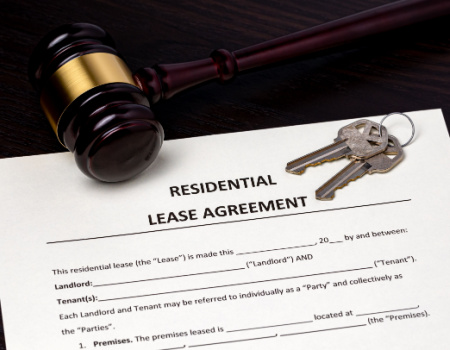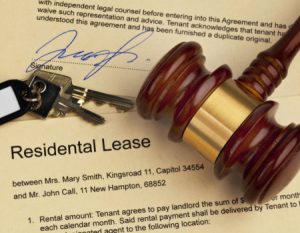In the world of property management, you must understand the legal responsibilities that come with managing properties. These responsibilities not only ensure the safety and well-being of tenants, but also protect the property owner from potential legal liabilities.
Legal Code and Regulations
One of the primary legal duties of a property manager is to ensure that the client’s property is always up to code and meets all safety regulations. This includes maintaining fire exits, ensuring that smoke and carbon monoxide detectors are in working order, and conducting regular inspections to identify any potential safety hazards. If you do not follow these important rules and regulations, you may be looking at fines and legal action, and can also put tenants at risk.
Tenant Agreement and Leases
Another important legal responsibility is to ensure that all tenant agreements and leases are in compliance with federal and state laws. This includes ensuring that all lease terms are fair and reasonable, and that tenants are not ruled out on the basis of race, gender, or any other protected status. Property managers must also adhere to eviction laws and procedures and ensure that tenants are given proper notice before being evicted.
Permits and Licenses
In addition to these legal responsibilities, property managers must also ensure that all necessary permits and licenses are obtained for the property. This includes business licenses, building permits, and any permits required for renovations or repairs. Failure to obtain these permits can result in fines and legal action and can also put tenants at risk if the property is not up to code.
Confidentiality
One of the most vitally important legal responsibilities of a property manager is to maintain the confidentiality of tenant information. This includes all protected information such as social security numbers and financial information, as well as information related to their tenancy such as rental payment history. Property managers must also ensure that tenant information is protected from any outside access and that it is only used for the purpose of managing client’s properties.
Property Maintenance
Property managers also have a legal responsibility to ensure that the property is always in top notch condition and make necessary repairs and renovations to that end. This includes ensuring that the property is clean and well-maintained, and that all appliances and fixtures are in working order. Property managers must also respond promptly to tenant requests for repairs and maintenance and must make sure that all the repairs are done quickly, correctly and in a professional manner.
Rent Collection
Finally, property managers have a legal responsibility to ensure that all rent payments are collected in a timely manner and that all financial records are accurate and up to date. This includes keeping detailed records of all rent payments, expenses, and other financial transactions related to the property. Property managers must also ensure that all financial records are kept secure and confidential.
Conclusion
In conclusion, the legal responsibilities of a property manager are numerous and complex. Property managers must be knowledgeable about federal and state laws related to property management and must ensure that they are in compliance with these laws at all times. If a property manager does not follow these laws to the letter, legal action can also put tenants at risk. Property managers must also maintain the property in good condition, respond promptly to tenant requests for repairs and maintenance, and ensure that all financial records are accurate and up to date. By fulfilling these legal responsibilities, property managers can ensure the safety and well-being of tenants, protect the property owner from potential legal liabilities, and maintain a successful and profitable property management business.




